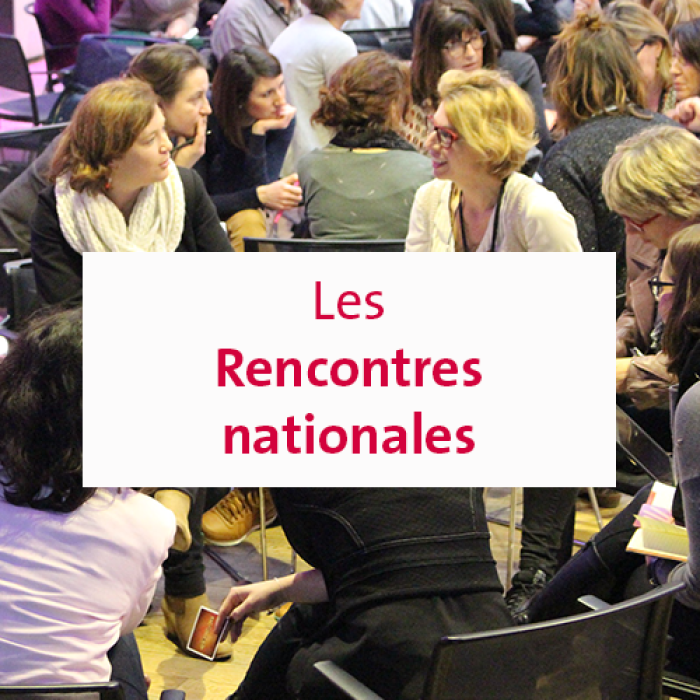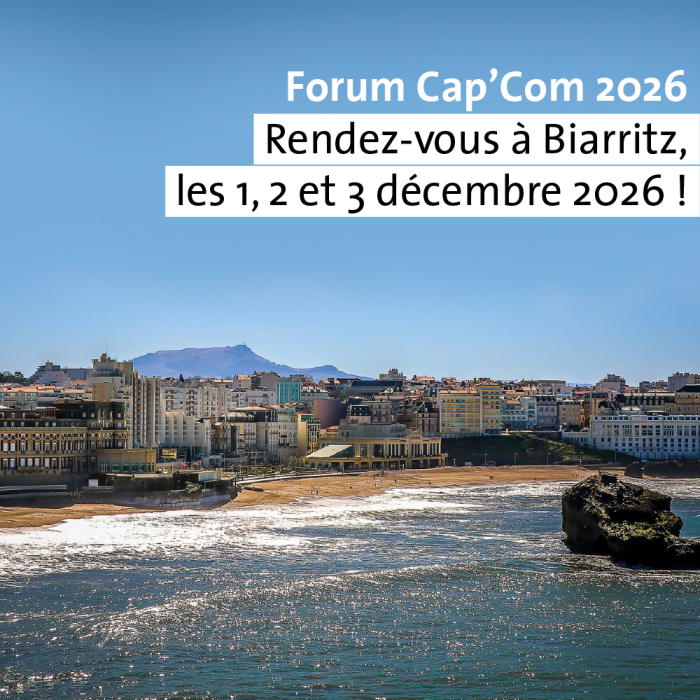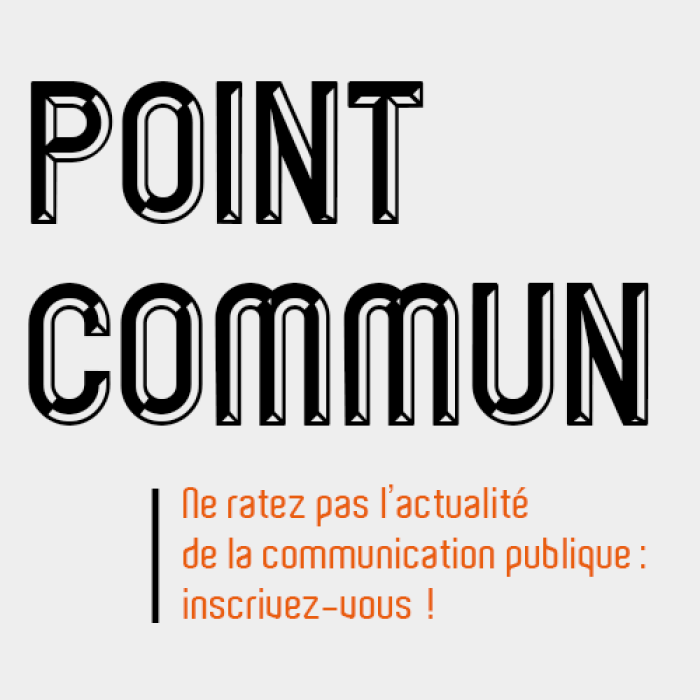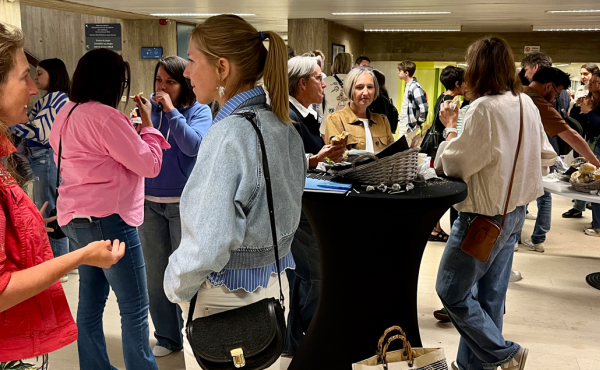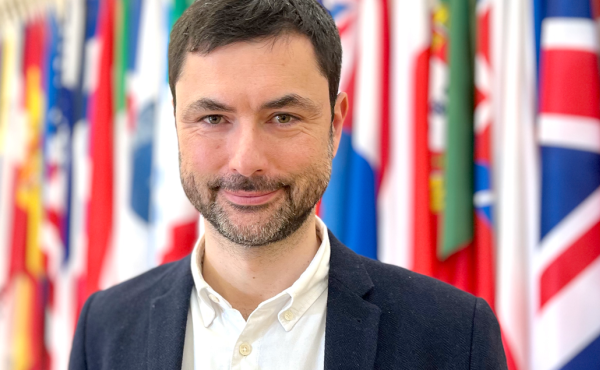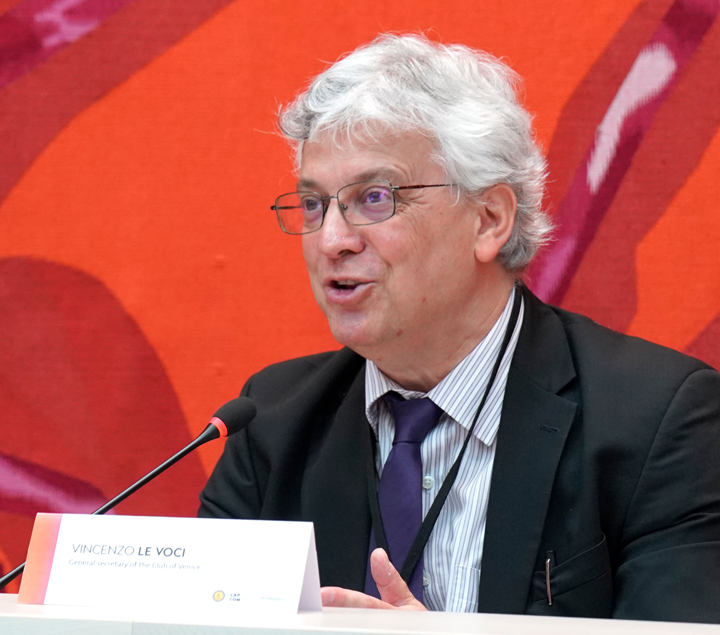
Boosting cooperation among European communicators
The relations between institutions and all public-sector communicators in their efforts to combat fake news were at the centre of debate during the plenary meeting of the Club of Venice, attended by European governments’ communicators, on 5 and 6 December 2024 in Italy. Cap’Com, an associate member of the Club, took the opportunity to put a few questions to the organisation’s secretary general, Vincenzo Le Voci.
Point in common: At this plenary meeting at the Palazzo Franchetti in Venice, there were two main themes. First, we heard about the combat being waged on fake news. Or would you rather call it manipulations?
Vincenzo Le Voci: Manipulations, yes, but also misinformation and disinformation. Basically, though, these are the threats that are currently burgeoning, and ever more rapidly, in today’s society, hanging over the young generations, government departments and citizens’ everyday life. Because people cheat with information, trying to create the impression that we live in a world that is not what we thought it was. There are stakeholders - bad ones, in my opinion - who are describing a world that is completely at odds with reality in a bid to provoke a reaction of mistrust, negative opinions, chaos and the loss of collective markers.
Point in common: This different world is also the world of artificial intelligence, and that’s the second subject you spoke about this morning.
Vincenzo Le Voci: Absolutely. Artificial intelligence is increasingly seen in an ambivalent light. In other words: * on one hand, it opens up a momentous possibility - especially for so-called “Millenium Digitals” - to really develop certain skills and certain abilities that earlier generations didn’t have time to take onboard; * but on the other hand, there are enormous fears because artificial intelligence is already being misused by what are known as “malicious actors” to wreak havoc in society.
Point in common: And this ties in with yesterday’s theme of mass intoxications.
Vincenzo Le Voci: Exactly, and in a very practical way, we have focused on two key themes: the applications in public health, and the fears surrounding climate change. Because disinformation, which is always accompanied by the effects of misinformation, can have catastrophic effects in these fields. So a real effort must be made to cooperate and bring the platforms together so that they can be endowed with a certain general trust. And that, precisely, was the theme of several presentations. We can’t go back over them in detail: they were numerous and very detailed.
Point in common: Who are the people who speak at this plenary session?
Vincenzo Le Voci: We always call on two sorts of profiles, in the main. On one hand, the leaders, the people in charge of communication, so working within the central governments and the ministries of foreign and European affairs, because the European agenda is always paramount.
Scientists need communicators to more effectively channel the message, while communicators, on the other hand, need to win that trust.
On another side, though, there is an ongoing, mounting effort to work more closely with the scientific community. It’s a necessity, and both sides stand to gain, because scientists need communicators to more effectively channel the message, while communicators, on the other hand, need to win that trust, and they can only do so when they base their messages on concrete facts that are not open to debate.
Point in common: There was a large turnout for this plenary meeting. Was it more than usual?
Vincenzo Le Voci: Yes, indeed. We may have set a record for attendance with nearly 110 participants, certainly from over 22 or 23 different countries. And with all of the European institutions as well, and even the European Committee of the Regions, which came to speak to us about a conference, Europcom, held the day before.
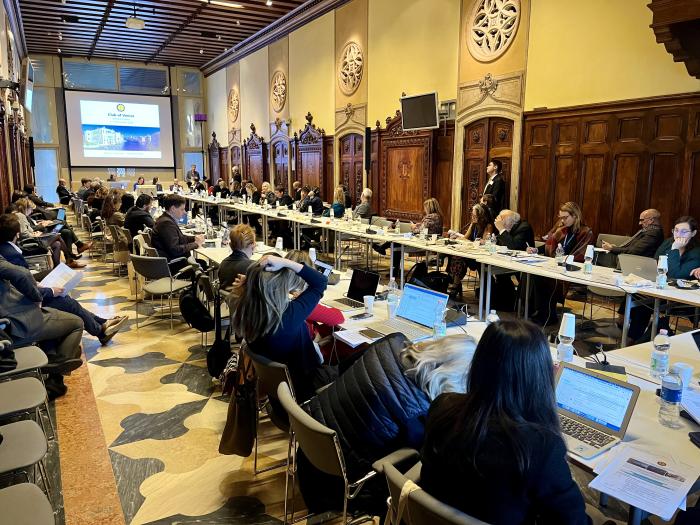
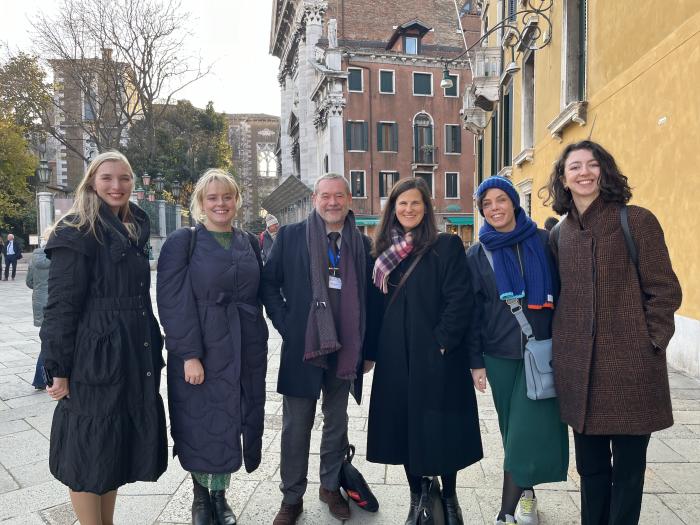
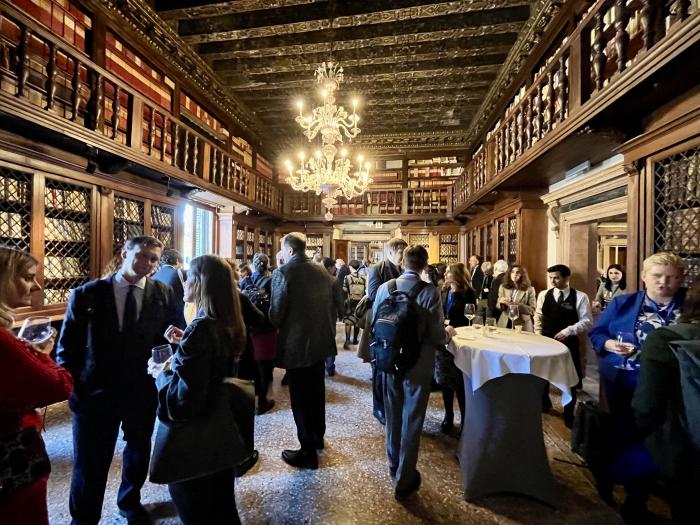
So there really is a joint effort, a rallying, and, what’s more, with a large number of colleagues from the countries that are negotiating their entry into the European Union. It was a success in terms of the profiles of the attendees (and there were around 15 people connected online), with a high percentage of countries and stakeholders represented.
Point in common: It was indeed very interesting, but unfortunately we won’t be publishing this content because you work to the “Chatham House Rule”. Can you tell us a bit more about it and why you use this rule?
Vincenzo Le Voci: We talk within the framework of an informal network here, which allows us to exchange views from more personal viewpoints. So we get down to the nitty-gritty, with debates and professional discussions among individuals, though these people actually represent their government’s stances. If it was only about sharing these official positions, we could spread it beyond the walls of the plenary meeting, in the media and on the networks. But when we express personal opinions, we have to be careful. If we’re not speaking on behalf of an organisation, we have to assume our own responsibility, and our participants can only do this if there is a certain degree of confidentiality. So the “Chatham House Rule” protects this mechanism and enables participants to pool their ideas without getting into a tricky situation. We need to be especially mindful of this discussion and interaction here in Venice. Tomorrow, we can return to our respective organisations and try to apply certain principles and proposals that were shared and discussed here, but, naturally, while assuming our own responsibilities.
A wide-angle view in the interests of public communication
The Club of Venice has been holding its plenary meeting in Venice for the past 38 years, since it is the same age as Cap’Com. Its stated purpose is to bring together communicators from European governments. But since the Nice Council in 2000 (which mapped out the future incorporation of new countries into the European Union), the Club has begun accepting the countries that negotiate their entry into the European Union. Also, despite the United Kingdom’s Brexit in 2016, the country is still “onboard” because the Club acts within an informal framework. This enables it to have a broader vision, with other stakeholders. Not forgetting that the institutions are with the Club: the European institutions and the European bodies.

